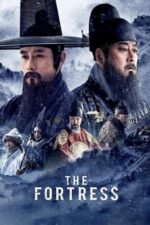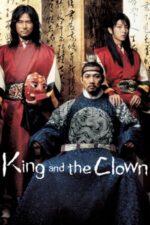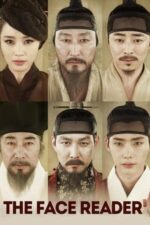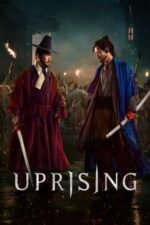Beyond Swords & Silk: Exploring Life in Korea's Joseon Dynasty Through Film
Okay, let’s talk about the Joseon Dynasty! (1392-1910) It’s a fascinating period of Korean history – think samurai films but with a distinctly Korean flavor. For a long time, Western audiences knew relatively little about it, but thankfully, over the last couple of decades we've seen an explosion of incredible films bringing this era to life. And honestly? They offer so much more than just pretty costumes and impressive sword fights (though those are definitely a plus!).
What makes the Joseon Dynasty particularly compelling is its complexity. It was a time of Confucian ideals – emphasizing hierarchy, duty, and social harmony – but also rife with political intrigue, class struggles, and simmering rebellion. You see that tension play out beautifully in films like Warriors of the Dawn. The film isn't just about battles; it’s about a young prince grappling with the immense responsibility thrust upon him, forced to confront the brutal realities of leadership while trying to uphold those Confucian values. It really highlights how ideals and reality often clash, especially when power is involved.
Then you have films like The Servant, which delve into the human drama within that rigid social structure. The forbidden romance between a servant and a woman above his station isn't just a love story; it’s a commentary on the vast chasm of class disparity and the sacrifices people make for ambition – or simply, for love. It reminds you how deeply ingrained those societal expectations were, and the risks involved in defying them. It’s a delicate dance, and watching these characters navigate that is genuinely captivating.
And it's not all political maneuvering and forbidden romance! Films like A Tale of Legendary Libido (yes, the title is…a choice!) explore more personal journeys of self-discovery and resilience. The film uses fantastical elements to tell a story about overcoming adversity – something that resonates across cultures and time periods. It’s a testament to the human spirit's ability to find strength even in the darkest circumstances.
What I love most is how these films, each in their own way, offer glimpses into everyday life during this period. The Night Owl, for example, with its focus on a blind acupuncturist within the royal court, provides an intimate look at medical practices and the subtle power dynamics at play even within seemingly benevolent institutions.
Ultimately, watching these Joseon Dynasty films isn’t just about entertainment; it's about understanding a culture, appreciating its artistry, and reflecting on universal themes of duty, love, ambition, and resilience. They offer a window into a world that feels both distant and surprisingly familiar – reminding us that the struggles and triumphs of humanity are timeless.
So, if you’re looking for something beyond your typical historical epic, I highly recommend diving in! You might be surprised by what you discover.







































